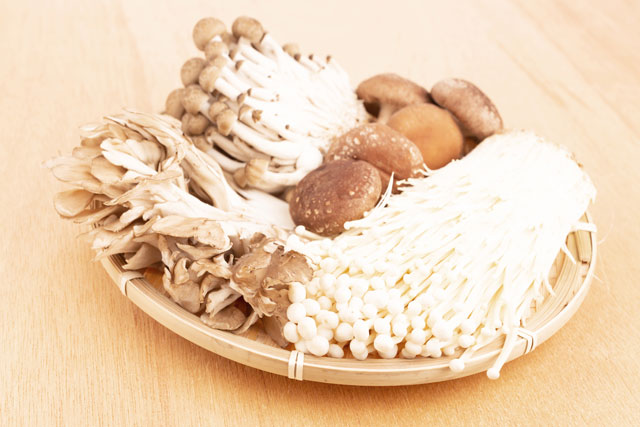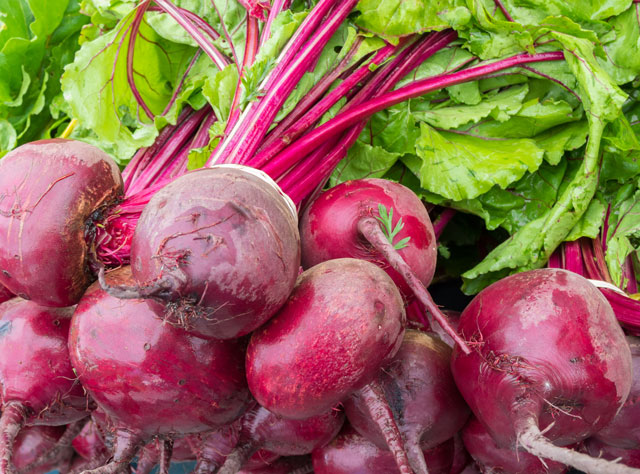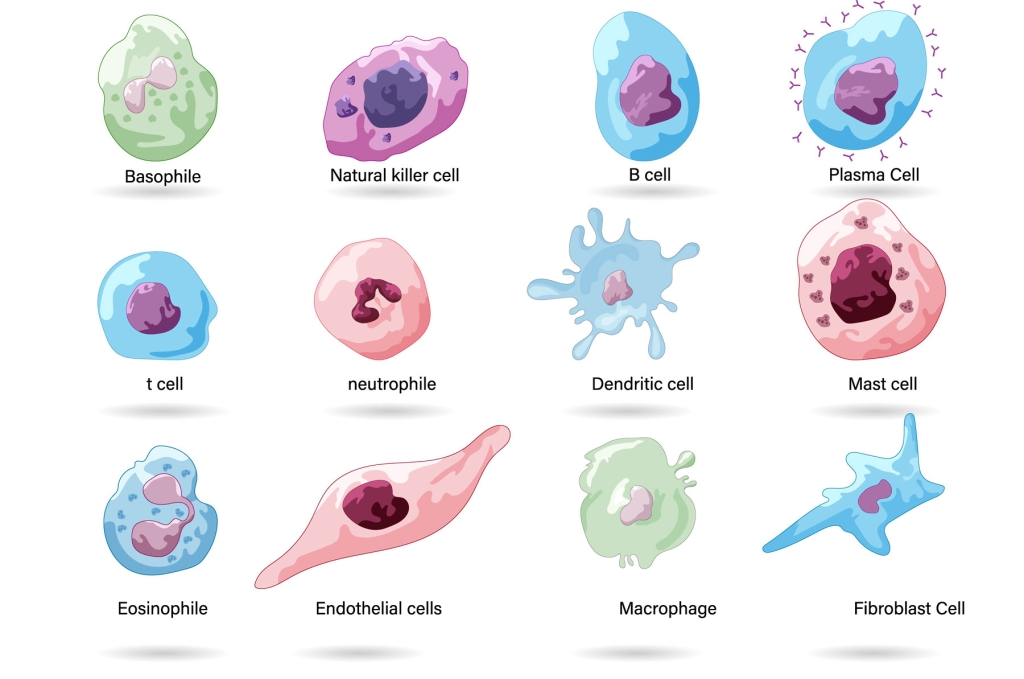10 Tips for a Healthy Immune System (part one)
There’s a saying, “May you live in interesting times”. The message behind this is that while it looks like it is something of a blessing, it turns out to not actually be well wishes, rather it’s something of a curse. While it is said to have originated in ancient China, it turns out it is a modern contrivance, regardless, it still seems applicable with the topic of immune health. I think it would be hard to argue that we don’t currently live in “interesting” times, maybe even easy to make a case for “very interesting” times. While out immune system has always been under stress, today’s world offers a growing array of challenges to keeping our immune system operating at optimal levels. From the environment, to the food supply, to life’s stresses, to direct pathogen threats, to living on a smaller planet, figuratively, and on and on and on, our immune system is finding itself under assault from a wider range and new directions on a daily basis. The message here is not to be pessimistic, rather to be proactive when it comes to taking responsibility for supporting our immune system.
Holistic look at Immune System
Before we start exploring what tips on how to build a strong, effective, and balanced immune system we need to know what actually our immune system is. So here’s the quick and very, very abbreviated take on the immune system. I imagine when asked “What is your immune system?” most of you are likely to think of something like “white blood cells” or listing different types of immune cells as in the chart below. And you wouldn’t be wrong.
However, I am proposing we take a much larger, more holistic look at what our immune system is as you can see in the illustration below. This is my take on the immune system.
Our immune system needs to include virtually everything. From the air that we breath, the food we eat, chemicals in our environment, activities, emotional health,… pretty much you name it. Why? Because they all are hugely impactful on our immune system’s health, resilience, and function, for example, we know that a sedentary life negatively impacts our immune health. Another example is the impact of chlorinated water and antibiotics in our food that can damage our microbiome.  If we were to continue the list of everything that impacts our immunity would go on for pages and pages. In light of this, the tips I am going to suggest are in tune with and respect taking a holistic approach to maximizing our immune health. And since immune health involves so many areas I will focus on ones that give the biggest bang for their buck, some you may already be familiar with while some may be new to you.
If we were to continue the list of everything that impacts our immunity would go on for pages and pages. In light of this, the tips I am going to suggest are in tune with and respect taking a holistic approach to maximizing our immune health. And since immune health involves so many areas I will focus on ones that give the biggest bang for their buck, some you may already be familiar with while some may be new to you.
Lifestyle
How we live our lives is obviously the most impactful way we interact with our immune system. And lifestyle needs to start off with diet, what you choose to put in your body. Our immune system, and for that matter, our body to a large degree, is only as strong as its weakest link. And all these “links” require proper nourishment to do their tasks, take care of themselves, and fend off any negative factors.  An immune system that is fed a SAD (standard American diet) is bound to come up short with key nutrients essential for immune functions, including vitamins A & D, zinc, trace minerals, magnesium, and selenium, several of which we are often deficient in.* While one’s diet is ideally tailored to that individual there are a couple of general guidelines that work across the board. Thanks to thousands of diet books and thousands more websites things can get very confusing leading many to complicate the “what should I eat” discussion. I like to keep it simple, eat lots of plants, avoid heavily processed foods… and of course, don’t overeat, which is kind of hard to do if you are eating a lot of plants. The science is pretty clear that a plant-based diet has the most to offer immune health, as well as overall wellness, and even longevity. Not only is it a nutrient-dense diet, it supports the growth and maintenance of a healthy microbiome, but more on this in part two.
An immune system that is fed a SAD (standard American diet) is bound to come up short with key nutrients essential for immune functions, including vitamins A & D, zinc, trace minerals, magnesium, and selenium, several of which we are often deficient in.* While one’s diet is ideally tailored to that individual there are a couple of general guidelines that work across the board. Thanks to thousands of diet books and thousands more websites things can get very confusing leading many to complicate the “what should I eat” discussion. I like to keep it simple, eat lots of plants, avoid heavily processed foods… and of course, don’t overeat, which is kind of hard to do if you are eating a lot of plants. The science is pretty clear that a plant-based diet has the most to offer immune health, as well as overall wellness, and even longevity. Not only is it a nutrient-dense diet, it supports the growth and maintenance of a healthy microbiome, but more on this in part two.
Now that we have the general guidelines on what to eat, let’s look at a few foods that can help support and bolster our immune health. Number one of course, since this is a mushroom blog is… you guessed it… mushrooms. So not only do they taste amazing, but they are also really good for you. Long used and honored in traditional Asian cooking and medicine, mushrooms contain numerous compounds that assist our immune system,* particularly the polysaccharides and beta-glucans. Over the last 70 years or so research has explored and confirmed a wide variety of benefits associated with the consumption of mushrooms, first and foremost activating and boosting our immune system.* Along with the immune benefits are free racial fighting, also key for effective immunity, and supporting the body’s healthy immune response.*  Virtually every edible mushroom has its benefits. Two that stand out though are also two of the best tasting ones, Shiitake and the less familiar Maitake. Both are yummy edibles and
Virtually every edible mushroom has its benefits. Two that stand out though are also two of the best tasting ones, Shiitake and the less familiar Maitake. Both are yummy edibles and
can also be found in supplement forms for that added kick. (Like our Super Shiitake or Super Maitake*) An added benefit of eating mushrooms is that they help feed the good bacteria and support a healthy, balanced, and diverse microbiome.*
(Note: our sister company Hokto Kinoko produces some of the finest organically grown mushrooms in a variety of types)
Just to toss in a couple of foods you may not necessarily associate with immune health here are two you might want to include in your diet, beets and Parmigiano Reggiano. Beets are experiencing something of a resurgence of late primarily because they have been found to boost nitric oxide levels in the body. But they do much more for immune and overall health, making them a “holistically healthy” food. Beets are potent anti-oxidants, increasing the body’s potent anti-oxidant glutathione, support a healthy inflammatory response, all the while supporting the body’s defenses, brain, heart, liver, and lungs.  Parmigiano Reggiano, the gourmet of cheeses, is an easily digested hard cheese that acts as a prebiotic and probiotic. The bacteria that are used to make this cheese breaks down cow’s milk into positive immune-regulating peptides. The actions on the microbiome boost butyrate short chain fatty acids that are powerful allies to our immune system.*
Parmigiano Reggiano, the gourmet of cheeses, is an easily digested hard cheese that acts as a prebiotic and probiotic. The bacteria that are used to make this cheese breaks down cow’s milk into positive immune-regulating peptides. The actions on the microbiome boost butyrate short chain fatty acids that are powerful allies to our immune system.*
These are just three foods among many that can help support healthy immune function.* The key though is to not overly focus on any specific food, rather to keep in the focus on the general dietary guidelines of lots of nutrient dense plant foods, reducing heavily processed foods, and not to overeat. In part two we will explore what may be the dietary worst enemy of our immune system along with targeting some very specific areas and key supplements and nutrients to keep your immune system humming along at optimal levels.


